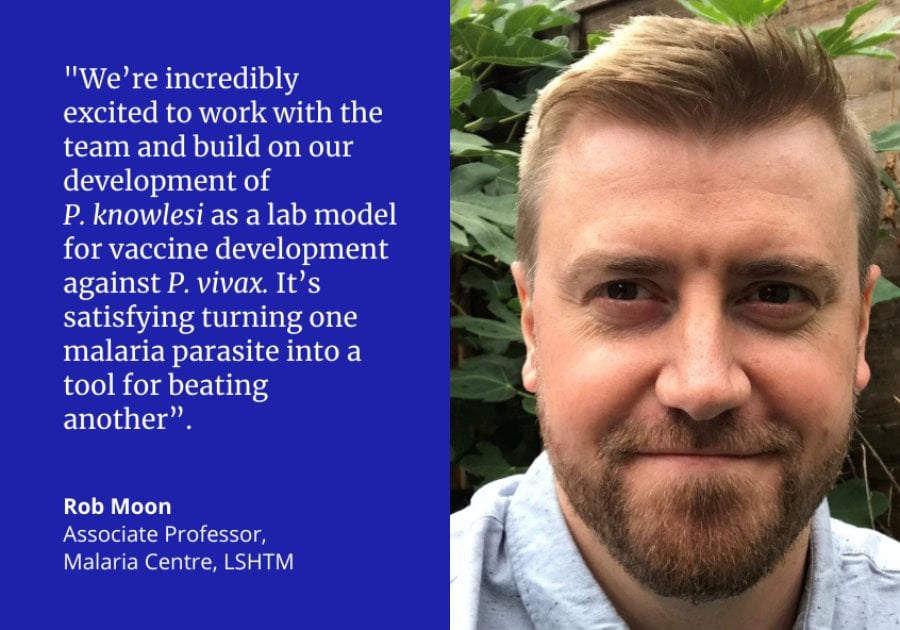OptiViVax: New consortium to revolutionize vaccination against Plasmodium vivax malaria
17 October 2023 London School of Hygiene & Tropical Medicine London School of Hygiene & Tropical Medicine https://lshtm.ac.uk/themes/custom/lshtm/images/lshtm-logo-black.png
The collaboration, called the OptiViVax consortium, has been formed to tackle the pervasive threat of Plasmodium vivax, a pathogen estimated to affect 2.5 billion people across Africa, South America, Oceania, and Asia.
P. vivax malaria presents unique challenges due to its rapid transmission and the ability of a single infection to cause repeated disease episodes through dormant liver stages of the parasite. The collaboration aims to achieve vaccination with 75% efficacy over two years, in alignment with the revised Malaria Vaccine Technology Roadmap to 2030 facilitated by the World Health Organization, and a solution to combat this often overlooked and severe form of malaria.
Over the course of the next five years, OptiViVax will harness recent breakthroughs in malaria research by integrating cutting-edge advancements in parasite immunology, vaccine design, and innovative pre-clinical and clinical studies. The research group at LSHTM will receive over £700,000 of the total £11m consortium award and will support the development of next generation parasitological assays to study vaccine efficacy.
The consortium brings together expertise from academia, non-profits, and industrial partners with a focus on vaccine development, manufacturing, and clinical trials. This collaborative effort will leverage the combined knowledge in P. vivax immuno-biology, preclinical functional assays, vaccine development, clinical models, and GMP bio-manufacturing to drive the development of next-generation vaccines with improved efficacy.
Dr Rob Moon, Associate Professor at LSHTM’s Malaria Centre, said: “We are incredibly excited for the opportunity to work with such a diverse and interdisciplinary team brought together within this consortium. Our work will build on our development of the zoonotic malaria parasite P. knowlesi as a lab model for developing vaccines against P. vivax. Its satisfying turning one malaria parasite into a tool for beating another.”
Funding support for the OptiViVax project is provided by the European Union, the United Kingdom government, and the Swiss State Secretariat for Education, Research, and Innovation (SERI). The project is co-funded under the European Union Horizon Europe programme and also receives backing from UK Research and Innovation (UKRI) under the UK government’s Horizon Europe funding guarantee.
More information can be found on the OptiViVax website.
LSHTM's short courses provide opportunities to study specialised topics across a broad range of public and global health fields. From AMR to vaccines, travel medicine to clinical trials, and modelling to malaria, refresh your skills and join one of our short courses today.